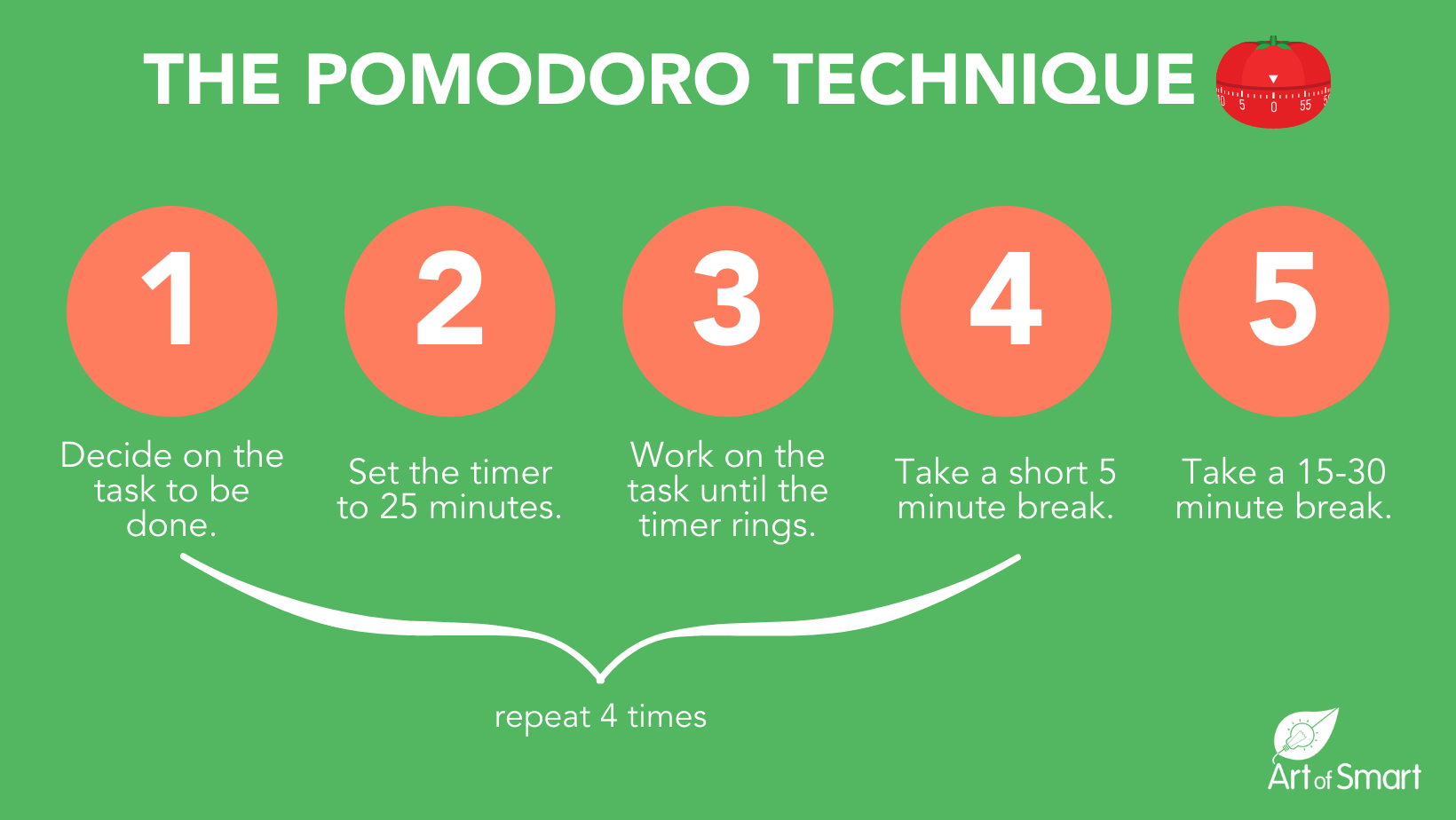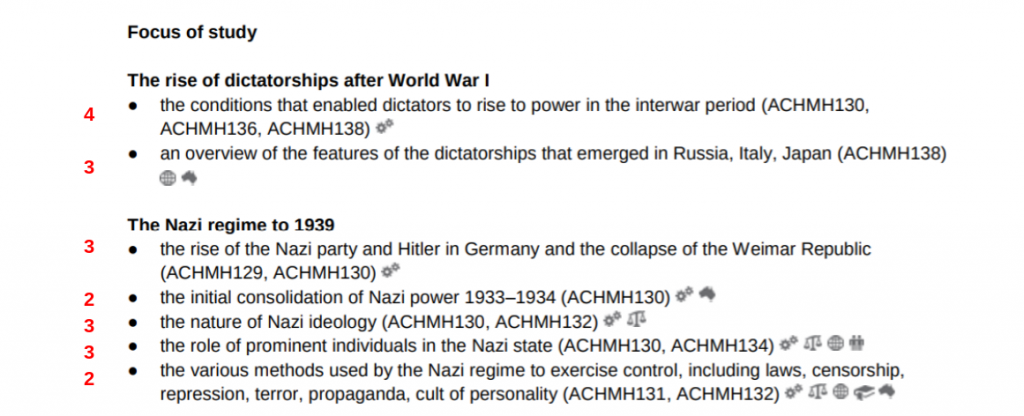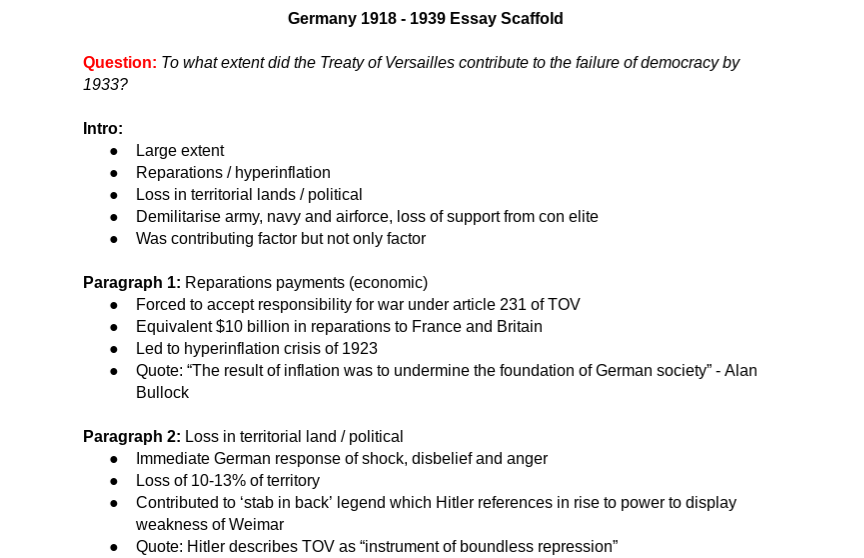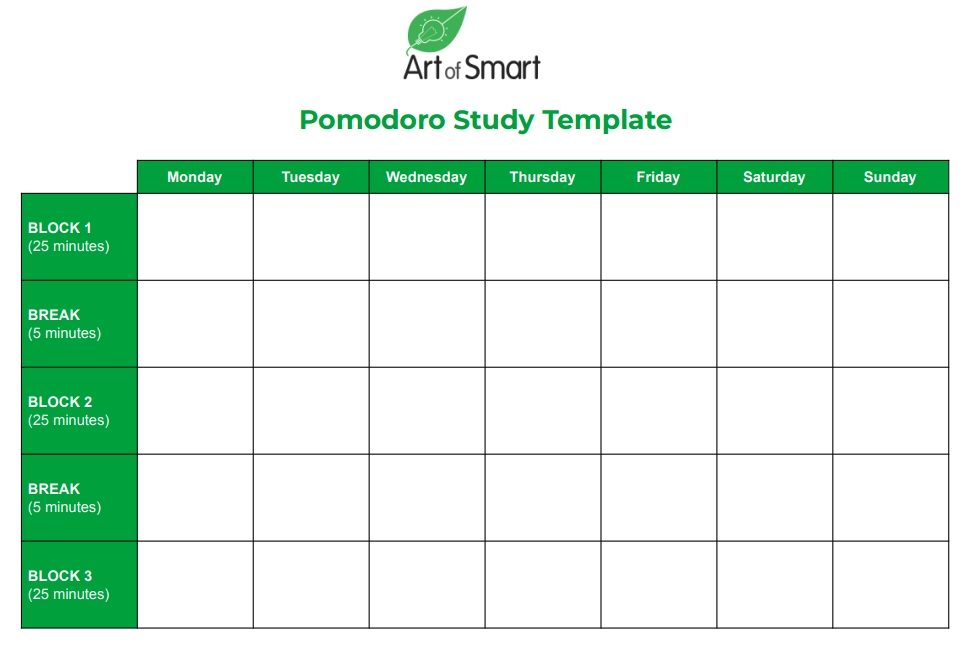
School holidays are upon us, which means lots of free time to do… everything (perhaps even some study).
But I think we all know the feeling the night before you go back to school, when you’re wondering “Why the heck didn’t I do any school holidays study?!” because you spent all your time doing fun holiday stuff!
But meanwhile, the student who’s getting a 99+ ATAR? They did 90 minutes of revision work every day during their school holidays study.
Maybe that sounds like a lot, but an hour and a half a day could be the difference between an average ATAR and an amazing ATAR!
Here’s the good news:
We’re going to tell you why AND how you should be using your school holidays study time to boost your HSC marks and ATAR!
Why should you use your school holidays study time?
Step 1: Schedule Your Study
Step 2: Decide When You’re Going to Study
Step 3: Figure Out What You Need To Study
Step 4: Study Using the Rule of 3
How to Use the Rule of 3
Why should you use your school holidays study time?
One thing we know about the HSC is that it’s memory intensive — the sheer volume of stuff you need to remember is ridiculous, and on top of that, you need to know how to write essays, remember formulae and complete major works.
So why is it that the 99+ ATAR students seem to do so well even after holidays?
Simply because they remember more! 99+ ATAR kids are constantly revising, so when it comes to the exam, they are spending less time trying to remember content, and more time planning and writing.
To put it simply, constant revision = better retention!
It sounds simple, right? That’s because it is.
Step 1: Schedule Your Study!
When I did my 12 units during the HSC, I only studied for 90 minutes a day, 6 days a week, and I did a maximum of 25 minutes of revision a day for each subject.
In other words:
- I had one whole day off study each and every week
- I only had to do 25 minutes per subject
- I spent a MAXIMUM of 9 hours studying per week
When visualised, my days looked a lot like this:

I used the Pomodoro Time Technique. This method involves breaking tasks up into 25 minute blocks with 5 minutes breaks in between. This makes it much easier to break down your school holidays study time.

Why 25 minutes? Because it’s the most efficient amount of time to complete a set task.
You’ll notice that my more ‘content intensive’ subjects (English Advanced, English Extension 1, Ancient History and Modern History), I study 3 times. This gives me a total of 90 minutes of study per week.
My more ‘technical’ subjects (Latin Continuers and Latin Extension), I only studied twice a week, for a total of 1 hour per week.
My ‘major work’ subjects (English Extension 2 and Extension History), I worked on only once a week, for a total of 25 minutes.
Depending on your subjects, you may study more or less. For me, it was a case of how much content there was – the more stuff I had to remember, the more revision I’d do.
To help you get started, we’ve made you a Pomodoro Study Template just for you!
But how do I figure out how much time to allocate to each subject?
By ranking them from weakest to strongest!
For each subject rank your confidence for each on a scale of 1 – 10 (with 1 being ‘I’m utterly screwed for this’ and 10 being ‘I’m guaranteed a Band 6 for this’).
Then, allocate more study time to the lower ranked subjects, and study your higher ranked subjects at least once. How much time you allocate depends on you, but make sure you are still spending time on every subject.
Step 2: Decide When You’re Going to Study
During the holidays I like doing stuff. After doing stuff, I usually don’t like studying. Why? Because I’m usually tired and would much prefer winding down after an exciting day with writing, a good book or a video game.
That’s why I usually choose the morning to get my 90 minutes of school holidays study done.
Why is the morning the best time to study?
- You can still get other stuff done: You can schedule going out or doing things after you’ve completed your allotted study time.
- Your focus is better: Even if you’re like me and feel like death in the morning, when you’ve woken up, you’ll feel a lot more alert and attentive than after a draining day of doing things with friends or family.
- You less likely to put it off: As much as it sounds like I’m good at studying, I’ve never been fond of it, so any excuse to put off studying is a good one. There’s nothing better than getting it over and done with so I can spend the rest of my day carefree.
But don’t just take my word for it – you need to decide when the best time for you to study is! If you’re a night owl, this might be in the afternoons or evenings. If you’re an early bird you might want to do it first thing.
It doesn’t matter what time you decide is best for you — just make sure you pick a time and stick to it!
Step 3: Figure Out What You Need to Study!
Now, you should all be writing and revising your study notes throughout the term… but if you haven’t started yet, check out our awesome 4 Step Guide to Get Started Writing Kickass Study Notes!
Rate Your Knowledge
The first thing you should do is to go through each topic for each of your subjects and give yourself a ranking on your knowledge! This is a more detailed version of what we did earlier by ranking each subject.
Doing this will allow you to identify what you are super confident with and what you need to allocate more time on!
Here’s how to do it:
Go through each dot point and on a scale of 0 to 5, give yourself a rating based on your perceived knowledge of the area.
- 0 = Like Jon Snow, I know nothing.
- 5 = Like Sheldon, I know everything.
For History and Humanities, it would look something like this:

For Maths and Sciences, it would look something like this:

Step 4: Study Using the Rule of 3!
Rereading or rewriting your notes a thousand times isn’t really going to help you when you get to the exam.
Over 7+ years of research with 99+ ATAR students, we’ve found that the most effective way to study to use the Rule of 3.
What is the Rule of 3?
The Rule of 3 means doing practice exam questions in three different ways: open book, semi-open book, then closed book.
Ultimately, your HSC is all about the exams you will take. In practising exam questions, you want to:
- Be familiar with the types of questions they could throw at you – so you want to get good at pattern recognition;
- Be able to respond to these questions quickly and adapt all your knowledge, and model essays, paragraphs and notes to the specific question; and
- Have all your content, evidence/working out and/or formulae memorised.
So, why does the Rule of 3 work?
Firstly, it gets you familiar quickly with the different types of questions they can give you, and how you can respond to them. So it enables you get better at pattern recognition.
Secondly, rather than going in with a memorised essay, it helps you in timed conditions (so exam conditions) practice adapting your model essay and notes to any sort of question. So you’re building exam technique.
Finally, it the act of writing the essays (and moving from open to closed book) helps you memorise all the content!
But, how do I find the right practice questions to use?
For each one of your subjects, choose 2-3 questions from an HSC past paper which tackles with the area based on the lower numbers of your ranked topics.
We’ve put together master lists of HSC past papers for the following subjects:
- HSC English
- HSC Maths (all levels)
- HSC Modern History
- HSC Ancient History
- HSC Chemistry
- HSC Biology
- HSC Physics
- HSC Senior Science
- HSC Legal Studies
How to use the Rule of 3 during your school holidays study
Step 1: Practice your questions open book
Using your kickass study notes, write a skeleton for your answer, and/or the relevant evidence/source/formulae/legislation/case study you will be referencing for your answers.
It should look something like this:

Step 2: Practice your questions semi-open book
With a different question on the same topic, tackle the question but use the following three questions to guide whether or not you reference your textbooks:
- What area of the syllabus is this associated with?
- What can’t I remember; the technical (ie. formulae or legislation), or is it my expression (ie. how to write it concisely)?
- If I come back to it in 5 minutes, will I remember?
If you find yourself drawing a blank for ALL of these, then you can open your book. Otherwise, try to apply yourself with what you think is most correct.
Mark your notes with highlighter or a star to show what you had to open your book for – this will help you to come back and practice the same kind of question.
Step 3: The closed book challenge
At one point during your holiday study, under timed exam conditions, move completely to closed book. No matter what, you cannot use your notes – this is key as you need to recreate exam conditions.
Give yourself a time limit according to how long you’d be given in the exam. This might have you exceed your 25 minutes in order to write an essay or extended response in 40 minutes, but it is absolutely key to guiding your revision.
For maths questions, you’ll be solving the challenging questions without your guiding formulae.
And that’s all your school holidays study totally done!
Once again, here are all the steps for amazing school holiday revision:
- Step 1: Schedule your study
- Step 2: Decide when you’re going to study
- Step 3: Figure out what you need to study
- Step 4: Use the Rule of 3!
Remember, this method should give you a fair bit of free time away from study, so make sure you take some time to look after yourself and relax!
For more help, check out our video on 3 different strategies you can implement in your study plan over the holidays!
And as always, good luck with your school holidays study!
Starting Year 12 after the holidays? Find out why the first term is critical for your HSC here!
Are you looking for a tutor to help you ace the HSC?
We pride ourselves on our inspirational coaches and mentors!
We offer tutoring and mentoring for Years K-12 in a large variety of subjects, with personalised lessons conducted one-on-one in your home or at one of our state of the art campuses in Hornsby or the Hills (if you’re searching for tutoring in the Rouse Hill area)! Our team of Blacktown tutors can also provide the support you need.
To find out more and get started with an inspirational tutor and mentor get in touch today!
Give us a ring on 1300 267 888, email us at [email protected] or check us out on TikTok!
Elizabeth Goh isn’t a fan of writing about herself in third person, even if she loves writing. Elizabeth decided she didn’t get enough English, History or Legal Studies at Abbotsleigh School for her own HSC in 2010 so she came back to help others survive it with Art of Smart Education. She’s since done a mish-mash of things with her life which includes studying a Bachelor of Arts (Politics and International Relations) with a Bachelor of Laws at Macquarie University, working for NSW Parliament, and finding the lowest bargain on Amazon for relatively rare history books.



